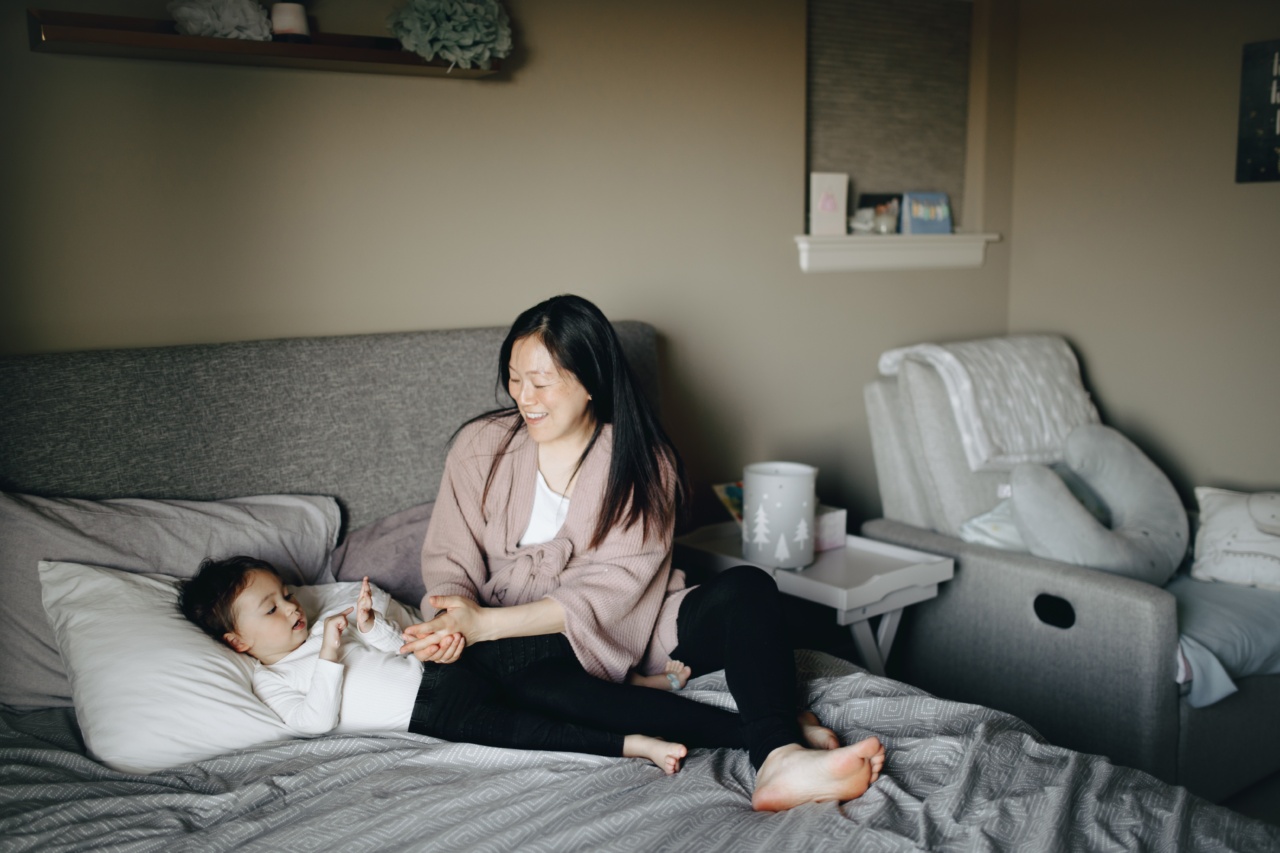Sleep is an essential aspect of our lives, and it affects several functions of our body and mind. On average, humans spend about one-third of their lives asleep.
However, the amount of sleep required varies depending on the individual’s age, lifestyle, and other factors. Children typically need more sleep than adults, and as we age, the amount of sleep needed decreases. There are several reasons why adults sleep less than children.
Factors that determine sleep needs
Before delving into the reasons why adults sleep less than children, it is essential to understand that the amount of sleep an individual needs is influenced by several factors. Some of the primary factors are:.
Age
As mentioned earlier, children need more sleep than adults because their bodies are still developing, and sleep plays a crucial role in their growth and development.
Newborn babies typically sleep for 14-17 hours a day, while toddlers require 12-14 hours.
As children grow older, the amount of sleep needed decreases. School-going children require between 9-11 hours of sleep a day, while teenagers need 8-10 hours. Adults, on the other hand, typically need between 7-9 hours of sleep.
Lifestyle
Our lifestyle choices will also impact the amount of sleep we need. Some lifestyle factors that can impact sleep include:.
Stress
Stressful situations can cause sleep disturbances and reduce the amount of sleep needed. People who lead stressful lives or work in high-stress environments may find it challenging to get enough restful sleep.
Diet and exercise
What we eat and how much we exercise can also affect our sleep patterns. Eating unhealthy foods or overeating can disrupt our sleep, as can lack of exercise or a sedentary lifestyle.
Caffeine and alcohol consumption
Caffeine and alcohol are both known to interfere with sleep patterns. Consuming too much caffeine during the day or drinking alcohol before bedtime can disrupt the body’s natural sleep process and impact the amount and quality of sleep.
Screens and electronic devices
The blue light emitted by electronic devices such as smartphones, laptops, and tablets can disrupt our body’s natural sleep process.
Spending too much time on electronic devices before bedtime may make it difficult to fall asleep or stay asleep throughout the night.
Health and medical conditions
Finally, certain health and medical conditions can impact our sleep patterns. Some examples include:.
Chronic pain
People who suffer from chronic pain may find it difficult to fall asleep or stay asleep throughout the night. The constant pain can be disruptive to the body’s natural sleep process, leading to sleep deprivation.
Sleep disorders
Sleep disorders such as sleep apnea and insomnia can also impact the amount and quality of sleep an individual gets. People with sleep disorders may find it difficult to fall asleep or stay asleep throughout the night, leading to sleep deprivation.
Medical conditions
Medical conditions such as arthritis, heart disease, and diabetes can also impact sleep patterns. These conditions may cause pain, discomfort, or other symptoms that may disrupt sleep.
Why do adults sleep less than children?
Now that we’ve covered the factors that influence the amount of sleep we need let’s take a closer look at why adults typically sleep less than children.
Changes in sleep patterns
As we age, our sleep patterns change. In general, our ability to stay asleep throughout the night decreases, while our ability to fall asleep remains the same or may even increase.
People over the age of 65 often experience changes in their sleep patterns, including waking up earlier in the morning, having more fragmented sleep, and spending less time in deep sleep.
These changes can make it more difficult to get a restful night’s sleep and may lead to sleep deprivation.
Decreased sleep needs
As we age, our bodies require less sleep. While children need more than 10 hours of sleep a day, adults only need between 7-9 hours.
This decrease in sleep needs is due to a variety of factors, including changes in metabolic rate, physical activity levels, and hormone production.
Lifestyle factors
As mentioned earlier, lifestyle factors like stress, diet, and exercise can impact sleep patterns. Adults are more likely to lead busy, stressful lives than children, which can disrupt the body’s natural sleep process.
Additionally, unhealthy eating habits or lack of exercise can exacerbate sleep issues, leading to sleep deprivation.
Conclusion
Sleep is a critical aspect of our lives, and the amount of sleep we need changes throughout our lifetime. Children typically require more sleep than adults because their bodies are still developing, while adults require less as they age.
Several factors determine the amount of sleep an individual needs, including age, lifestyle, and health conditions. As adults, it’s essential to prioritize sleep and create healthy habits that facilitate restful and restorative rest.































